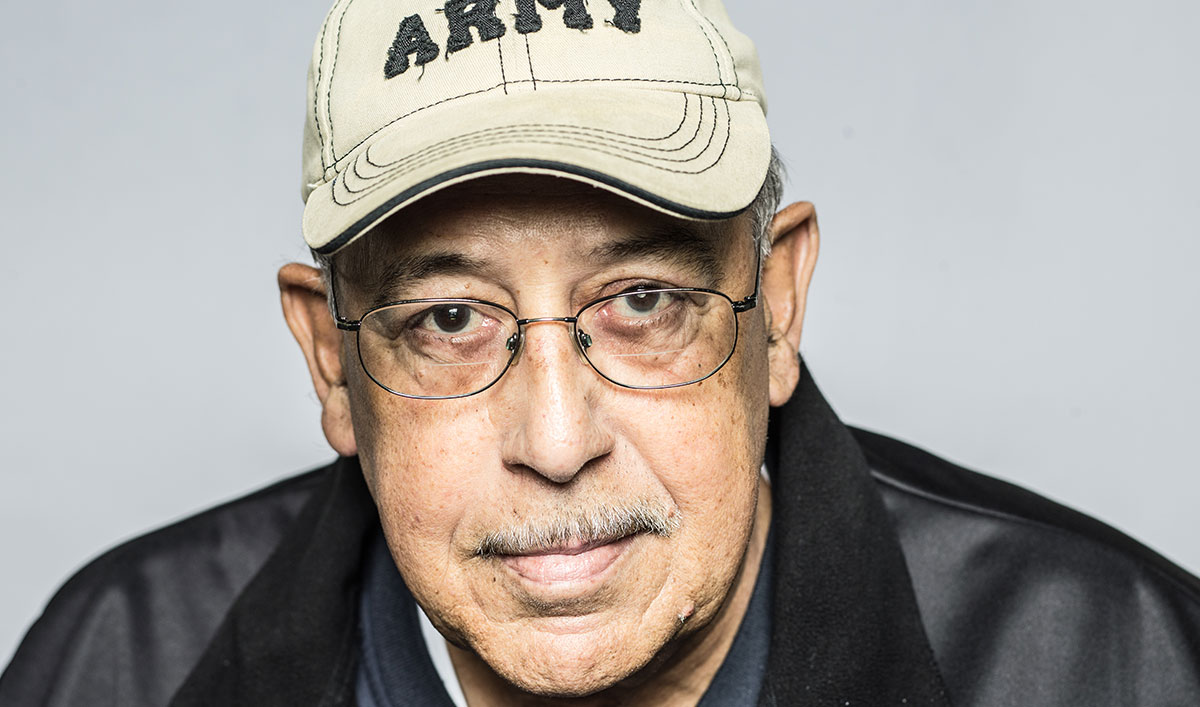
Putting things into perspective with General Russel Honoré
Content Provided by our sponsor:![]()

Internationally known for his role in coordinating the relief efforts in the aftermath of Hurricane Katrina, Retired U.S. Army General Russel Honoré now spends his time as a volunteer activist fighting for the environment and as an advocate motivating communities to become prepared for and resilient against natural disasters.
Recently, I connected with Honoré to talk more about where the Lakeland, Louisiana, native came from and where he is going.
|
|
You come from a family of farmers. Why did you opt for the Army instead of the family business?
While I love farming and got my degree in vocational agriculture, I joined ROTC, and when I graduated from college in 1971, I owed the Army four years. What started off as a four-year obligation turned into a way of life. I fell passionately in love with what I was doing. I got to jump out of airplanes and go on missions in the dark of night. It was a very exciting life as a lieutenant of the infantry.
After 37 years in the Army, what inspired you turn to environmental issues in your retirement?
Well, that’s only a part of my focus. Environmental issues are right in front of us, and I got into this issue after Katrina by poor communities who didn’t have clean air and water. But, that’s just my volunteer work. My biggest focus is resilient leadership. I spend most of my time encouraging people to prepare against the dangers of mother nature and how we can create a community of resilience.
When people visit Louisiana, what’s the first food you recommend they eat?
It is a tie between jambalaya, gumbo and crawfish etouffee. These dishes would be different in New Orleans, Houma, Baton Rouge or Lafayette, but the variations all celebrate the different influences and cultures within the same region.
This year’s theme for TEDxLSU is “Why”: What is your biggest “why” question right now?
We all know that we create a footprint and all this has an impact now and for the future, but we have to try to eliminate the impact we have on our environment by finding ways to provide our energy with a minimum impact on other people and with respect for resources with a finite quantity.
Why can’t we have a common understanding of sustainability? What I mean by that is why can’t we have a common understanding that we have to find new ways to do things today?
You wrote the book on good leadership. Who taught you the most about leadership, and how?
I would say a lot of that started at home and my public school in Pointe Coupee Parish. I come from a family of 12 on a poor subsistence farm, and because of that, I learned to work as a group, to compromise and to do things well and better than expected. I was also active in the 4-H club and New Farmers of America. Both programs allowed me to participate at the state and national level in leadership conferences. The more I travelled and heard stories of young people across America, especially in rural farm areas, it put my issues into perspective that we were not the only ones challenged with fighting off poverty and trying to get an education. Coming up from that background, I learned empathy and sympathy for others. And, this helped me in the Army as well.
If you had a time machine, what would you do with it?
First, I would roll it back a 100 years to figure out the mistakes we have made and how the world could have been different — like what if we hadn’t fought WWI and WWII? Then I would want to roll it forward to see where we will be in 50 years to figure out what we need to do to change now so when we go from 7 billion people to 10 billion and have a sustainable, protected earth. Even though it would probably drive me crazy going back and forth.
What would you consider your greatest achievement so far?
I would say family security and raising a family are probably the biggest ones.
If you could live anywhere else in the world where would that be and why?
While I have enjoyed visiting places like South America, the Caribbean and the Cayman Islands, I would probably live in Germany. It was nice to be able to walk to a store, take public transportation anywhere and celebrate their culture with all the festivals always going on. But, I’m still a big fan of right here in the U.S.
If you could switch jobs with another TEDxLSU speaker for one day, who would it be and why?
I would switch places with Sister Judith Brun. I spent some time speaking with her about leadership in the 21st century and the problem we have with ensuring all children get a good education. She is an inspiration.
|
|
|
